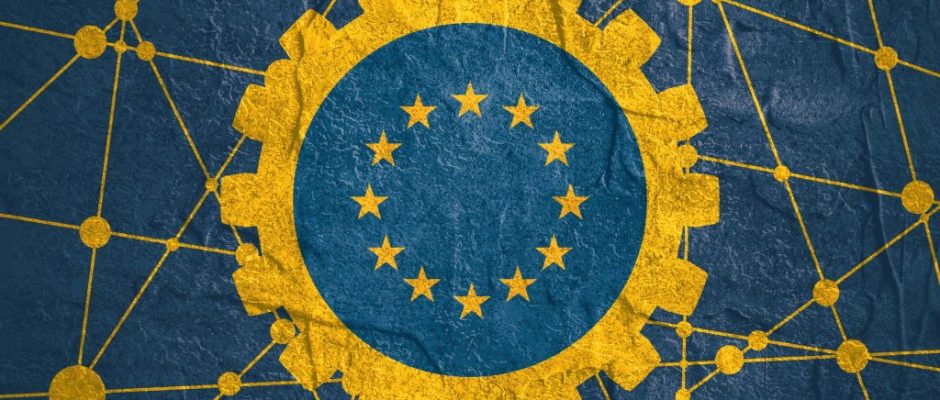Cybercrime forums span national boundaries
The bust of the illegal Cracked and Nulled crime forums evidences the global nature of cybercrime and the impossibility of seeing it as a threat that has no regard for national boundaries.
Although at least 17 million US citizens were victims of the crime forums. law enforcement agencies in the United States, Romania, Australia, France, Germany, Spain, Italy, and Greece were all involved in the bust, according to the US Department of Justice.





